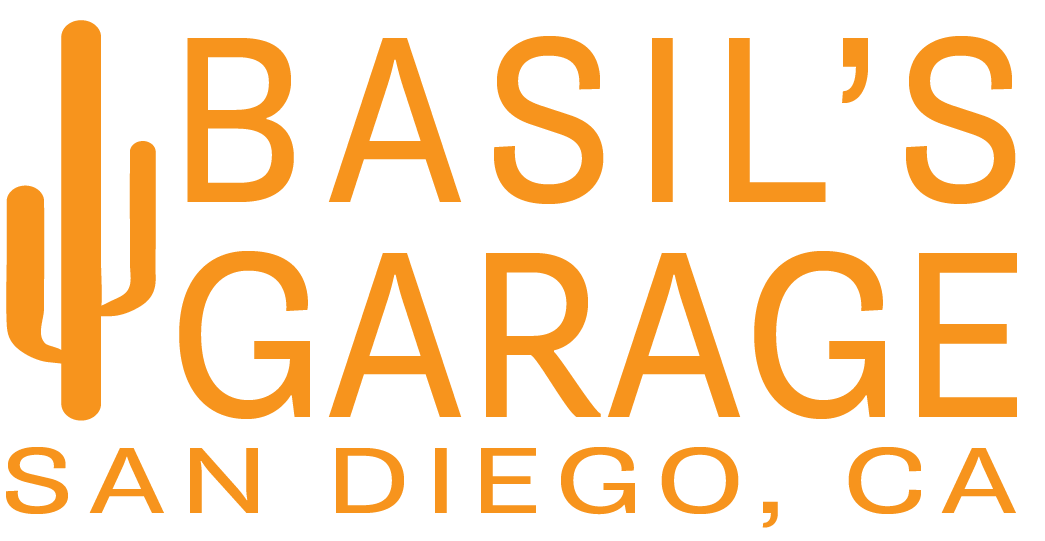The Future of Architecture: Adaptability, AI & Gen Z | Randy Deutsch
For example, a warehouse can be made smaller by changing the delivery frequency or providing more in-process staging.
The podcast delves into the potential of modern construction methodologies, such as offsite manufacturing and modular construction, to address industry-wide challenges like labour shortages, safety concerns, and environmental impact.Professor Whyte advocates for a standardised approach to components and systems, which can lead to improvements in quality, speed, and sustainability of construction projects.. 4.

Collaboration Across the Industry:.A recurring theme is the necessity for collaborative efforts among all stakeholders, including government, industry, and academia, to foster innovation and systemic change.Whyte highlights initiatives like Project 13 and the Transforming Construction agenda as models for how the industry can move towards more integrated and outcome-focused project delivery methods.. 5.

Sustainability and Responsibility:.Finally, the discussion acknowledges the critical role of the construction industry in addressing global challenges such as climate change and resource conservation.

Professor Whyte calls for a conscientious approach to design and construction that minimises environmental impact and promotes sustainability, urging the industry to leverage digital tools and innovative practices to build more responsibly for the future..
Through her insightful conversation with Adam, Jennifer paints a compelling picture of the future of construction—an industry poised for radical change through leadership, innovation, and collaboration.On The Forge, the tolerance was reduced to.
5mm over a 9m bay..This accuracy also unlocks existing, but underutilised capabilities in the supply chain, encouraging optimisation of their products too.
In fact, a range of complementary elements have already been developed and delivered on The Forge..Developing the façade solution around the structural platform at an early stage, allowed us to really optimise the use of materials and detailing and create the most efficient units for handling in the factory and on-site.. Wojciech Brozyna, Managing Director, Alupro.
